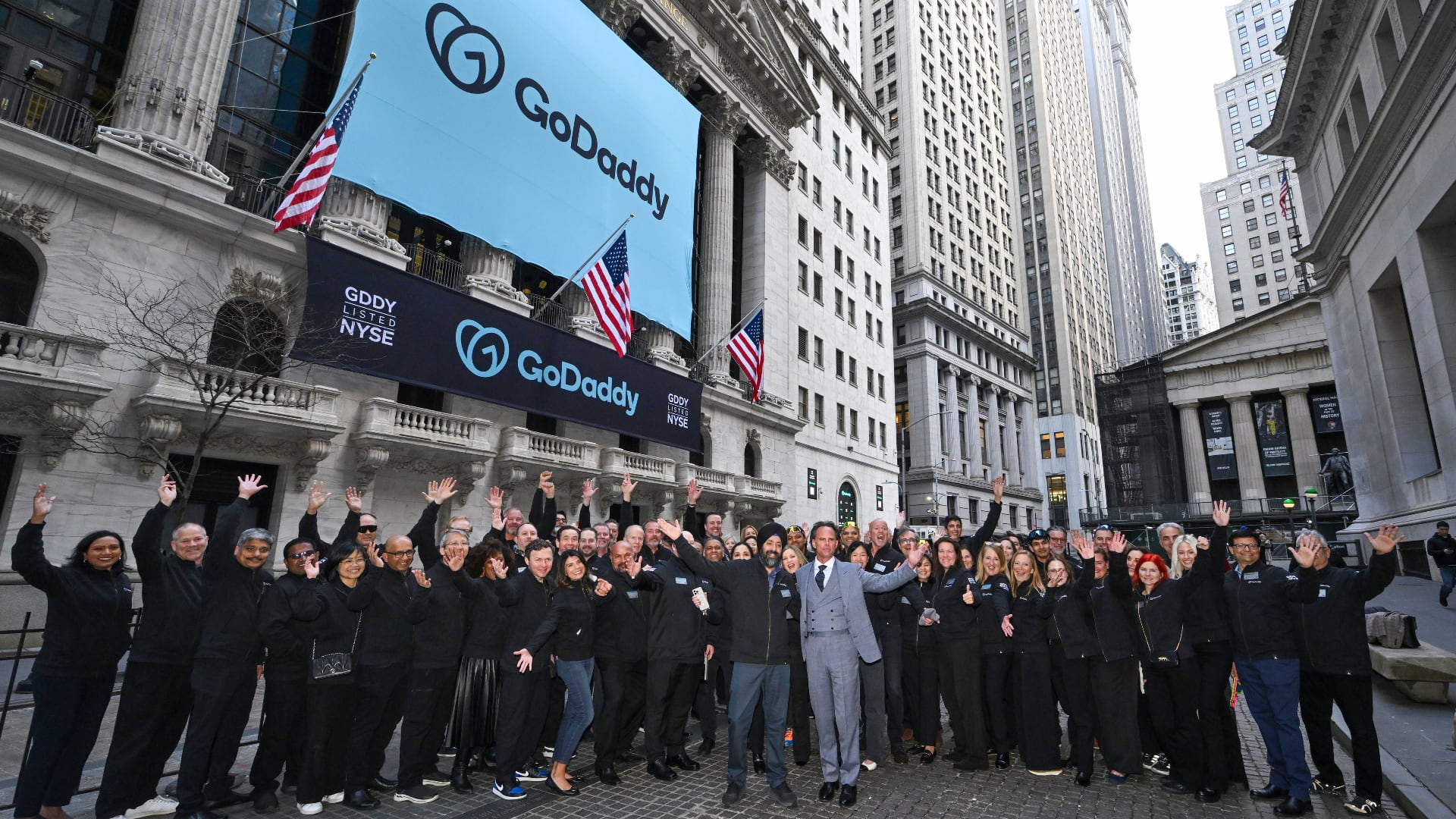By Martin Crutsinger
The International Monetary Fund has sharply lowered its forecast for global growth this year because it envisions far more severe economic damage from the coronavirus than it did just two months ago.
The IMF predicts that the global economy will shrink 4.9% this year, significantly worse than the 3% drop it had estimated in its previous report in April. It would be the worst annual contraction since immediately after World War II.
For the United States, the IMF predicts that the nation's gross domestic product — the value of all goods and services produced in the United States — will plummet 8% this year, even more than its April estimate of a 5.9% drop. This, too, would be the worst such annual decline since the U.S. economy demobilized in the aftermath of World War II.
The IMF issued its bleaker forecasts Wednesday in an update to the World Economic Outlook it released in April. The update is generally in line with other recent major forecasts. Earlier this month, for example, the World Bank projected that the global economy would shrink 5.2% this year.
The IMF noted that the pandemic was disproportionately hurting low-income households, “imperiling the significant progress made in reducing extreme poverty in the world since 1990.”
In recent years, the proportion of the world’s population living in extreme poverty — equivalent to less than $1.90 a day — had fallen below 10% from more than 35% in 1990. But the IMF said the COVID-19 crisis threatens to reverse this progress. It forecast that more than 90% of developing and emerging market economies will suffer declines in per-capita income growth this year.
For 2021, the IMF envisions a rebound in growth, so long as the viral pandemic doesn’t erupt in a second major wave. It expects the global economy to expand 5.4% next year, 0.4 percentage point less than it did in April.
For the United States, the IMF predicts growth of 4.5% next year, 0.2 percentage point weaker than in its April forecast. But that gain wouldn’t be enough to restore the U.S. economy to its level before the pandemic struck. The association of economists who officially date recessions in the United States determined that the economy entered a recession in February, with tens of millions of people thrown out of work from the shutdowns that were imposed to contain the virus.
The U.S. government has estimated that the nation’s GDP shrank at a 5% annual rate in the January-March quarter, and it is widely expected to plunge at a 30% rate or worse in the current April-June period.
In its updated forecast, the IMF downgraded growth for all major countries. For the 19 European nations that use the euro currency, it envisions a decline in growth this year of 10.7% — more than the 8% drop it predicted in April — followed by a rebound to growth of 6% in 2021.
In China, the world’s second-largest economy, growth this year is projected at 1%. India’s economy is expected to shrink 4.5% after a longer period of lockdown and a slower recovery than was envisioned in April.
In Latin America, where most countries are still struggling to contain infections, the two largest economies, Brazil and Mexico, are projected to shrink 9.1% and 10.5%, respectively.
A steep fall in oil prices has triggered deep recessions in oil-producing countries, with the Russian economy expected to contract 6.6% this year and Saudi Arabia’s 6.8%.
The IMF cautioned that downside risks to the forecast remain significant. It said the virus could surge back, forcing renewed shutdowns and possibly renewed turmoil in financial markets similar to what occurred in January through March. The IMF warned that such financial turbulence could tip vulnerable countries into debt crises that would further hamper efforts to recover.
Its updated forecast included a downside scenario that envisions a second major outbreak occurring in early 2021. Under this scenario, the global economy would contract again next year by 4.9%, it estimates.













